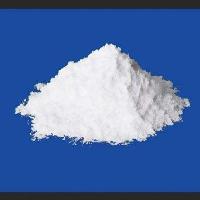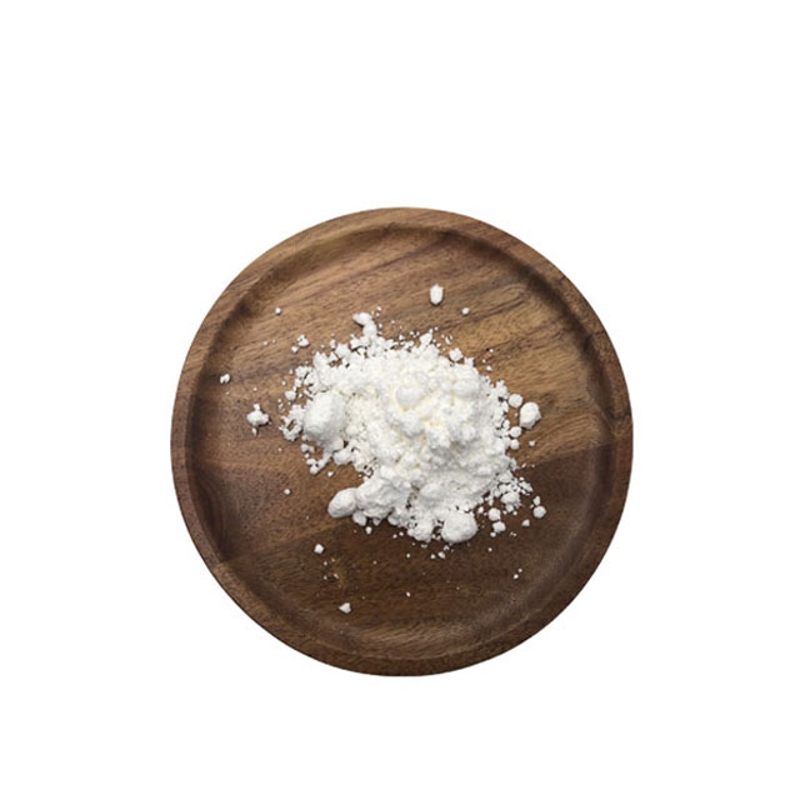-
Categories
-
Pharmaceutical Intermediates
-
Active Pharmaceutical Ingredients
-
Food Additives
- Industrial Coatings
- Agrochemicals
- Dyes and Pigments
- Surfactant
- Flavors and Fragrances
- Chemical Reagents
- Catalyst and Auxiliary
- Natural Products
- Inorganic Chemistry
-
Organic Chemistry
-
Biochemical Engineering
- Analytical Chemistry
-
Cosmetic Ingredient
- Water Treatment Chemical
-
Pharmaceutical Intermediates
Promotion
ECHEMI Mall
Wholesale
Weekly Price
Exhibition
News
-
Trade Service
The incidence of early-onset (EO) colorectal cancer (CRC, age <50 years) continues to increase
Colorectal cancer
The study analyzed individual patient data from six trials in the International Adjuvant Chemotherapy Duration Evaluation Database, and compared the characteristics, treatment compliance and adverse events of patients with stage II or stage III early-onset colorectal cancer and late-onset colorectal cancer.
Disease-free survival rate of patients with early-onset and late-onset colorectal cancer in different stages
Disease-free survival rate of patients with early-onset and late-onset colorectal cancer in different stagesOf the 16349 patients, 1564 (9.
Cancer-specific mortality in patients with early-onset and late-onset colorectal cancer in different stages
Cancer-specific mortality in patients with early-onset and late-onset colorectal cancer in different stagesGastrointestinal toxicity is more common in patients with early-onset colorectal cancer; hematological toxicity is more common in patients with late-onset colorectal cancer
Compared with patients with late-onset colorectal cancer, the cancer-specific prognosis of patients with early-onset colorectal cancer is significantly worse, especially for high-risk stage III colorectal cancer patients: 3-year recurrence-free survival rate is lower and late-onset colorectal cancer Compared with patients, the cancer-specific prognosis of patients with early-onset colorectal cancer is significantly worse, especially for high-risk stage III colorectal cancer patients: 3-year recurrence-free survival rate is lower, 5-year cancer-specific mortality rate is higher, 5-year cancer Higher specific mortality
In summary, being young is a poor prognostic factor for high-risk stage III colorectal cancer, and is associated with a particularly high recurrence rate; even if patients have better treatment compliance and can tolerate higher-intensity treatments
Being young is a poor prognostic factor for high-risk stage III colorectal cancer, and is associated with a particularly high recurrence rate; even if patients have better treatment compliance and can tolerate higher-intensity treatment, young people are high-risk stage III colorectal cancer Poor prognostic factors are associated with a particularly high recurrence rate; even if patients have better treatment compliance and can tolerate higher-intensity treatments
Original source:
Original source:Elisa Fontana, et al.
Early-Onset Colorectal Adenocarcinoma in the IDEA Database: Treatment Adherence, Toxicities, and Outcomes With 3 and 6 Months of Adjuvant Fluoropyrimidine and Oxaliplatin
in this message







